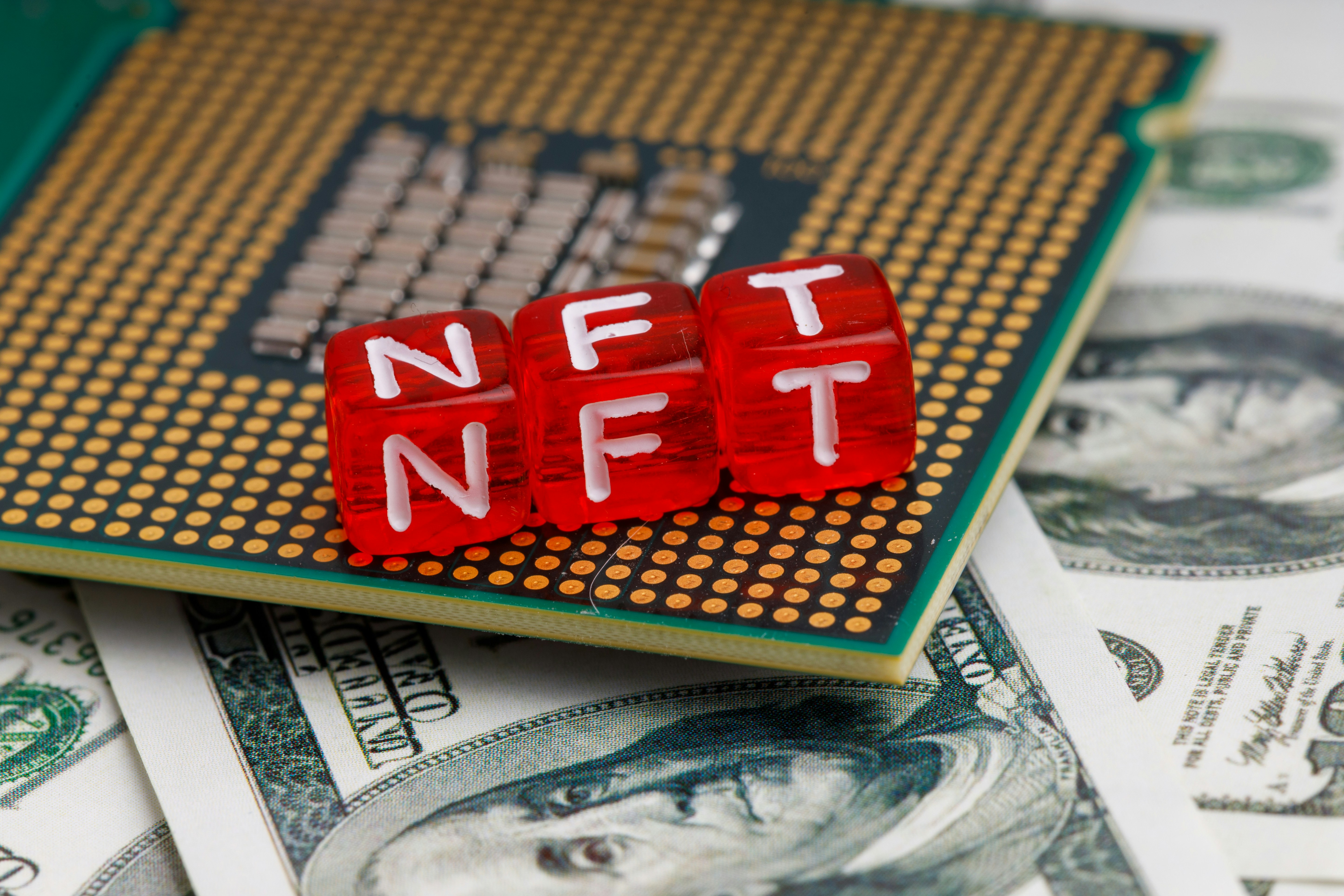Virtual Economies: The Hidden Powerhouse of Gaming
In the vast landscape of interactive entertainment, a quiet revolution is reshaping the way we play, socialize, and even make a living. Virtual economies, once confined to the realm of science fiction, have become a cornerstone of modern gaming, driving engagement, retention, and revenue across countless digital worlds. This article delves into the intricate ecosystem of in-game currencies, digital assets, and player-driven markets that are redefining the boundaries between virtual and real-world value.

Early MMORPGs like Ultima Online and EverQuest were among the first to showcase the potential of virtual economies. Players could gather resources, craft items, and engage in trade, creating a dynamic marketplace that mirrored real-world economic principles. As these games grew in popularity, so did the sophistication of their economic systems, setting the stage for the virtual economies we see today.
Currency Systems and Their Evolution
At the heart of every virtual economy lies its currency system. From gold coins to fictional credits, these digital tender serve as the lifeblood of in-game transactions. Over time, currency systems have evolved to become more nuanced and diverse, often featuring multiple types of currency with varying degrees of scarcity and utility.
Modern games frequently employ a dual-currency model, with one freely earned through gameplay and another purchasable with real money. This approach allows developers to monetize their games while still maintaining a sense of fairness and progression for non-paying players. The delicate balance between these currencies is crucial for maintaining a healthy virtual economy and player satisfaction.
Digital Assets and Their Real-World Value
Perhaps the most fascinating aspect of virtual economies is the emergence of digital assets with tangible real-world value. From rare skins in Counter-Strike: Global Offensive to virtual real estate in Decentraland, these digital items have become highly sought after commodities, sometimes fetching prices that rival physical luxury goods.
The concept of ownership in virtual spaces has sparked debates about the nature of value and property rights in the digital age. As blockchain technology and non-fungible tokens (NFTs) enter the gaming sphere, the lines between virtual and real-world economies continue to blur, raising intriguing questions about the future of digital ownership and investment.
Player-Driven Markets and Their Impact
One of the most dynamic elements of virtual economies is the player-driven market. These ecosystems allow players to trade goods and services among themselves, creating a vibrant and often unpredictable economic landscape. Games like EVE Online have become renowned for their complex player-driven economies, where market manipulation, resource scarcity, and player alliances can have far-reaching consequences.
These markets not only enhance the gaming experience but also provide opportunities for entrepreneurial players to profit from their in-game activities. Some dedicated gamers have even turned their virtual market expertise into real-world careers, highlighting the growing intersection between gaming skills and professional opportunities.
Challenges and Ethical Considerations
As virtual economies grow in scale and complexity, they face a unique set of challenges. Issues such as inflation, black markets, and real-money trading (RMT) can disrupt the delicate balance of in-game economies, forcing developers to implement sophisticated economic management strategies.
Moreover, the growing real-world value of virtual assets raises ethical questions about gambling, addiction, and the exploitation of vulnerable players. Regulators around the world are beginning to take notice, with some countries implementing laws to govern virtual item trading and loot box mechanics.
The Future of Virtual Economies
Looking ahead, the trajectory of virtual economies points towards greater integration with real-world financial systems. The rise of play-to-earn models, blockchain gaming, and metaverse platforms suggests a future where the boundaries between virtual and physical economies become increasingly porous.
As technology advances and our digital lives become more intertwined with our physical existence, virtual economies are poised to play an even more significant role in shaping how we perceive value, ownership, and economic interaction in the 21st century and beyond.




